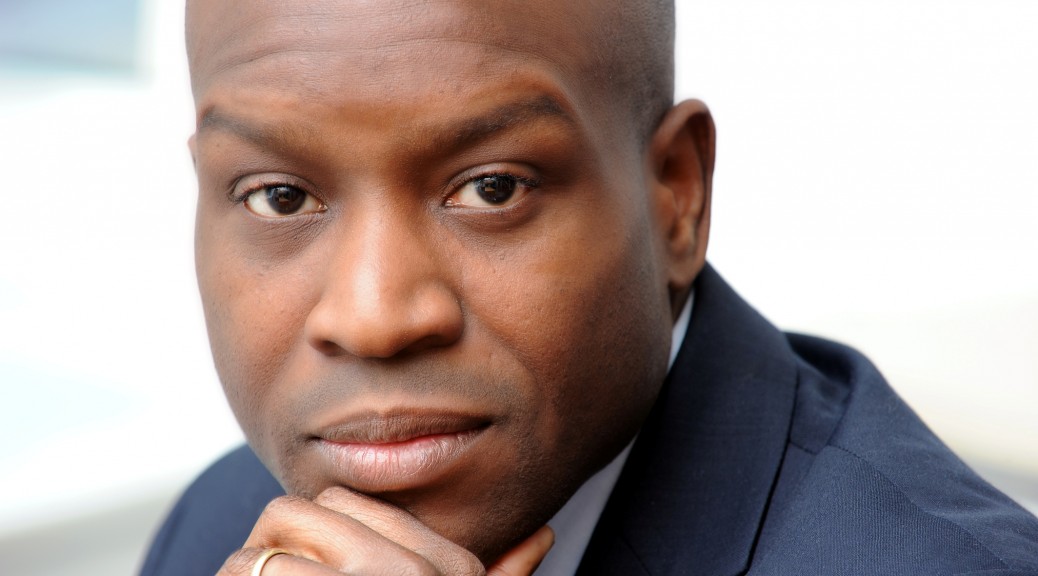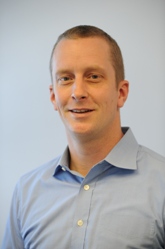 The answer to this question very much depends on your MBA starting point. If you are studying an Executive MBA and it is part of your firm’s career plan for you, then naturally you will be aiming to stay with your employer on graduation, especially if they are financing or sponsoring part of your MBA. However, professionals who do full-time MBAs have to think about whether to seek a new role or return to their employer after graduation. Often this decision is made at the start of their MBA journey, not the end, although occasionally the answer changes.
The answer to this question very much depends on your MBA starting point. If you are studying an Executive MBA and it is part of your firm’s career plan for you, then naturally you will be aiming to stay with your employer on graduation, especially if they are financing or sponsoring part of your MBA. However, professionals who do full-time MBAs have to think about whether to seek a new role or return to their employer after graduation. Often this decision is made at the start of their MBA journey, not the end, although occasionally the answer changes.
Studying for an MBA unquestionably widens a graduate’s business knowledge and worldview which opens new career opportunities. Typically, MBAs are taken by professionals who have already been working for several years, with many opting to study at a top international business school. The prestige associated with an institution’s brand adds considerable value to the graduates’ credibility, giving them an additional asset when they are looking for a new position.
Once a full-time MBA course is completed, some graduates may return to their former employer with the new skills they have learnt but it is more likely that graduates will seek very different work experiences. For most, a change in career direction was the driving force behind studying for an MBA in the first place. Even if that was not the case, the MBA is such a transformative experience that graduates come out fundamentally different people and this brings about a shift in thinking about their future career.
After the MBA experience, graduates tend to have different hopes, aspirations and, perhaps most importantly, different expectations about the next part of their lives and careers. It could be that their previous jobs are no longer compatible with these expectations and that could be as simple as where they work in the world. Many people study overseas, and a new environment opens their eyes to different opportunities. Or it could be that the familiarity with their former job or industry sector no longer holds the same fascination as it did before their MBA.
MBAs change the way you think
Why is there such a dramatic change in career aspirations? One reason is that MBAs expose students to many areas of business in an intensive and immersive way that challenges and stretches their perspectives and thinking. It gives them tools to go out and explore a diverse range of subjects and to tackle any business challenge. This, plus the glow of the prestigious international business school brand, creates amazing prospects and earning potential for the graduates.
Another way of looking at it is that the MBA experience rewires students’ brains, giving them improved capabilities such as thinking far more critically than before, quickly structuring and analysing information, filtering out what is important from the irrelevant. These new capabilities enable graduates to read, assess and plan rapidly so they can find innovative solutions to big problems.
Returning to a former employer is of course a valid choice. However, you need to first consider whether the job you want is available at your former employer – can you achieve the leap forward that you desire? Second, will your former employer have a full appreciation of just how much you have changed and be able to meet your current aspirations and expectations? A former manager may not understand the way you think and your needs today unless of course, they have undergone a similar MBA experience.
The ‘market’ drives MBAs into new roles
Business schools offer extensive career development and recruitment services, and all this is at the feet of the graduates. There are so many new and exciting avenues for them to consider and this is stiff competition compared with their previous employer. Their old sectors and jobs may no longer have the same allure.
There is a strong, efficient market for MBA talent, so going back to the company you left goes against the market mechanism. For example, major international firms engage proactively with business schools to ensure they attract the talent they need for their businesses to keep growing. The market is a ‘matching mechanism’ between MBA individuals with certain traits and skills and employers that need them.
After a one to two-year transformative MBA experience, not using the market mechanism to find the very best opportunity would be a great shame, especially as you may never get the chance again. Tapping into the huge, liquid job market to secure a role that you find truly fulfilling and exciting is a very important step. Of course, it could be that your last employer can offer that, and if so, returning to your old firm is an obvious choice.
Our own experience shows that most MBA graduates move to pastures new. Based on the experiences of 375 Sainsbury Management Fellows, who have all received a generous scholarship to help finance their MBA, the vast majority of them have chosen very different career paths after they graduated – most have pivoted into different types of job roles, industry sectors and even entrepreneurship.
Returning to a former employer post-MBA is certainly an option if the organisation can offer a position that makes the most of the graduate’s new skills and experience and something worth examining closely before you embark on your MBA. Alternatively, and this is happening on a large scale, freshly qualified MBA graduates from the top schools use their newly acquired skills to widen their horizons by choosing challenging new careers where they can make a difference within their organisations and in wider society.
About the author: SMF David Falzani MBE is President of Engineers in Business Fellowship and a Professor of Practice in Sustainable Wealth Creation at Nottingham University.
























